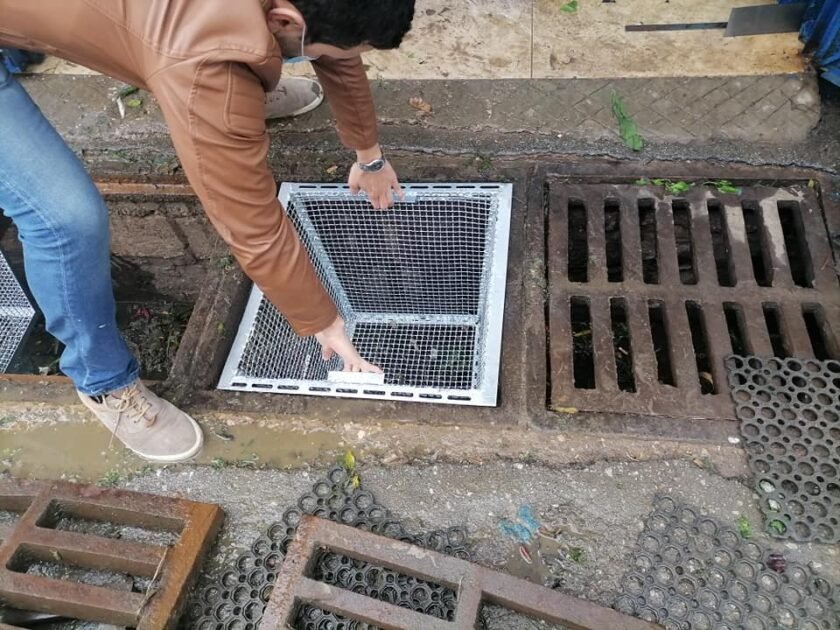Tunisia’s transition toward cleaner and more affordable energy is gaining ground in the country’s northwest, where over 1,250 homes and businesses have been connected to the national natural gas grid. The initiative, led by the Tunisian Company of Electricity and Gas (STEG), is part of a wider government effort to modernize energy infrastructure and reduce reliance on heavy fuel oil.
Backed by €49.39 million in financing from the African Development Bank (AfDB), the Natural Gas Transport and Distribution Network Development Project is transforming 19 municipalities across the region. Recent network activations in Béja Sud (February 2025) and Mjez Elbeb (June 2025) have marked major milestones, with 2,500 additional connections expected by the end of the year.
“This project is truly improving people’s lives,” said Mohamed Riadh Hellal, STEG’s Lead Department Head and project coordinator. “It not only heats homes but also boosts local economic activity.”
The benefits are tangible. SICAM, a prominent food processing company in the region, reports significant improvements since its connection to the gas grid. “We’ve reduced pollution, improved productivity, and lowered costs,” noted Kamel Trabelsi, the company’s Deputy Director General.
Beyond residential use, the project is catalyzing regional industrialization. Around ten new industrial units—from brick kilns to cement plants—have been established or expanded, driven by reliable and cleaner energy access.
“This is about inclusive growth,” said Mehdi Khoali, representing the African Development Bank. “We are witnessing the industrialization of regions that were previously energy-poor.”
The project also exemplifies effective donor coordination and execution, with STEG praising the AfDB’s rapid disbursement timelines—typically just five to seven days—as a key factor in the project’s smooth rollout.
By bringing natural gas directly to homes and factories, Tunisia is not only reducing its carbon footprint, but also fueling long-term regional development, positioning its northwest as a model for clean energy-driven growth.
TunisianMonitorOnline (Editorial Staff)




